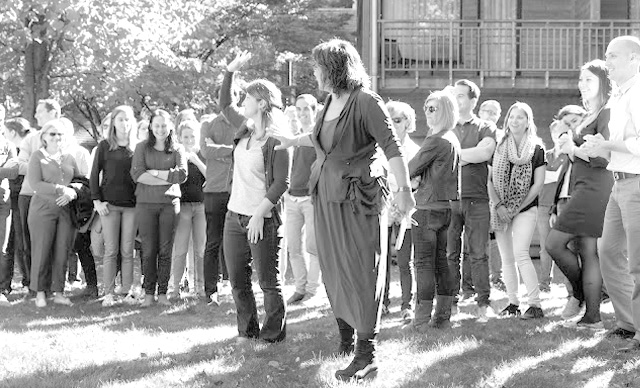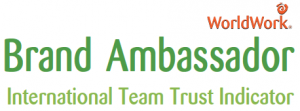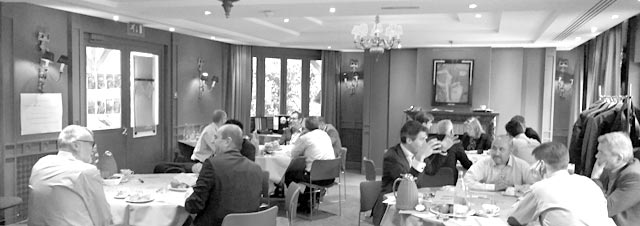High performing teams are the secret of successful organizations. Team coaching is the partnering process designed to help manage change at the level of the collective system. It can prove as effective with executive board teams, operational management teams as well as project teams.

The Intenational Milestones Team Coaching approach blends a variety of tools and sources from Systems Thinking and Relationship coaching to collaborative approaches like World Café and Appreciative Inquiry, Organizations and Relationships Systems Coaching or Systems Constellations.
- stimulate the emergence of new forms of collective intelligence
- align the team around a shared vision
- improve internal communication and leverage diversity within the team
- develop autonomy, empowerment and shared accountability
- reinforce cohesion and team spirit
- foster cross-functional and cross-cultural collaboration
- accompany organizational changes or new ways of working
International Milestones designs team coaching processes that meet specific needs expressed by the organization or by the team and its manager. An auditing / observation phase precedes the engineering of the team coaching process.
Team coaching provides a structured framework that enables the team to :
- prepare and implement a proactive approach to change
- develop new ways of working together or changing collective behaviors
- find new methods to reinforce team performance or solve problems

We use a very powerful pre-work tool – the INTERNATIONAL TEAM TRUST INDICATOR – ITTI a web based questionnaire for all team members that assesses trust levels and trust deficits within the team and/or in the team leader.
The consolidated team report is used as starting point for the team coaching process and brings high added value as it helps identify :
- How the team can reach higher performance levels through greater trust
- How the team can identify barriers that have been holding them back
- Where the team is succeeding in meeting each other’s trust needs
- Which behaviours are acceptable within the team and which ones are not
- What the cultural differences in trust requirements within the team are
- What proposals do team members have about developing trust further?
Would you like to know more? Contact us !





